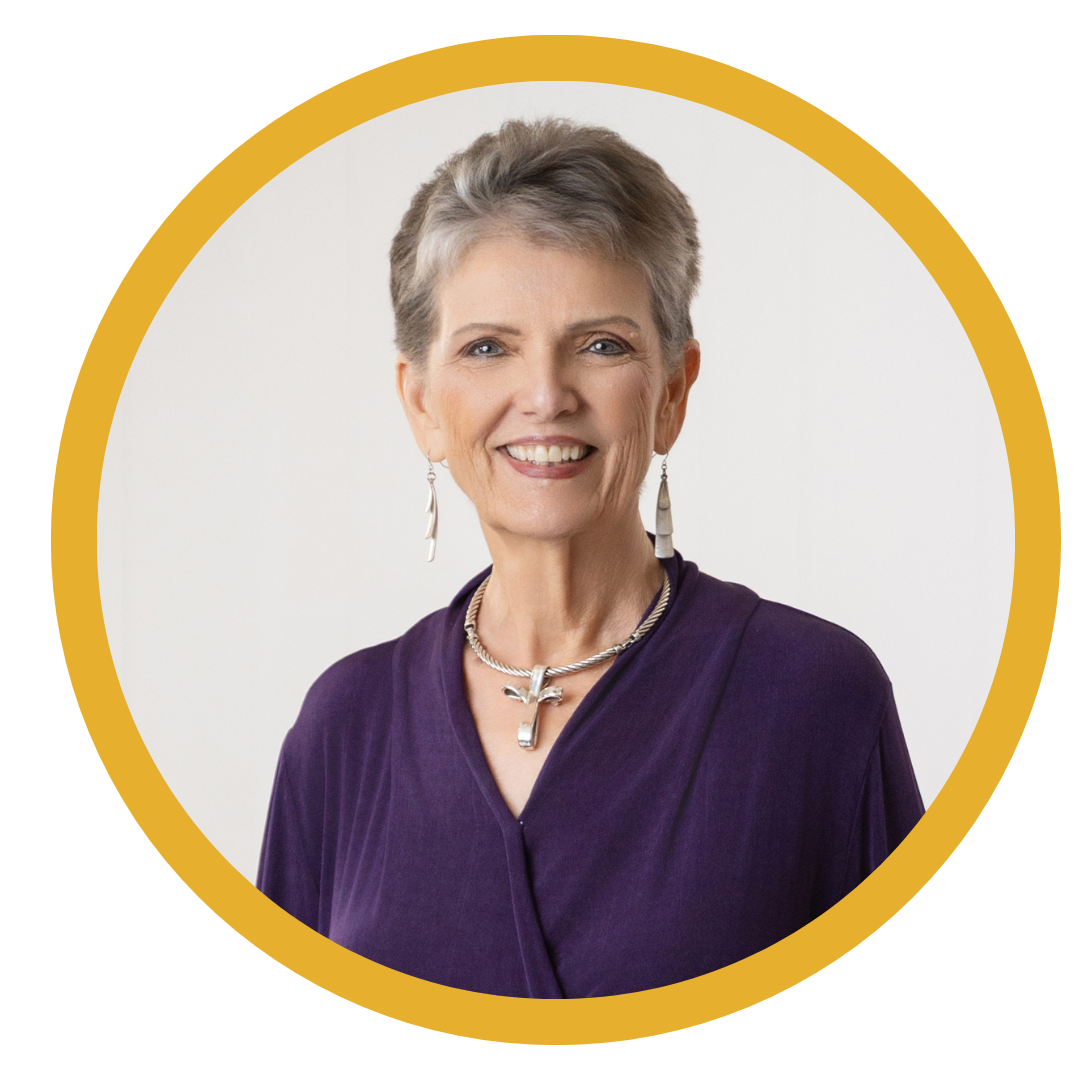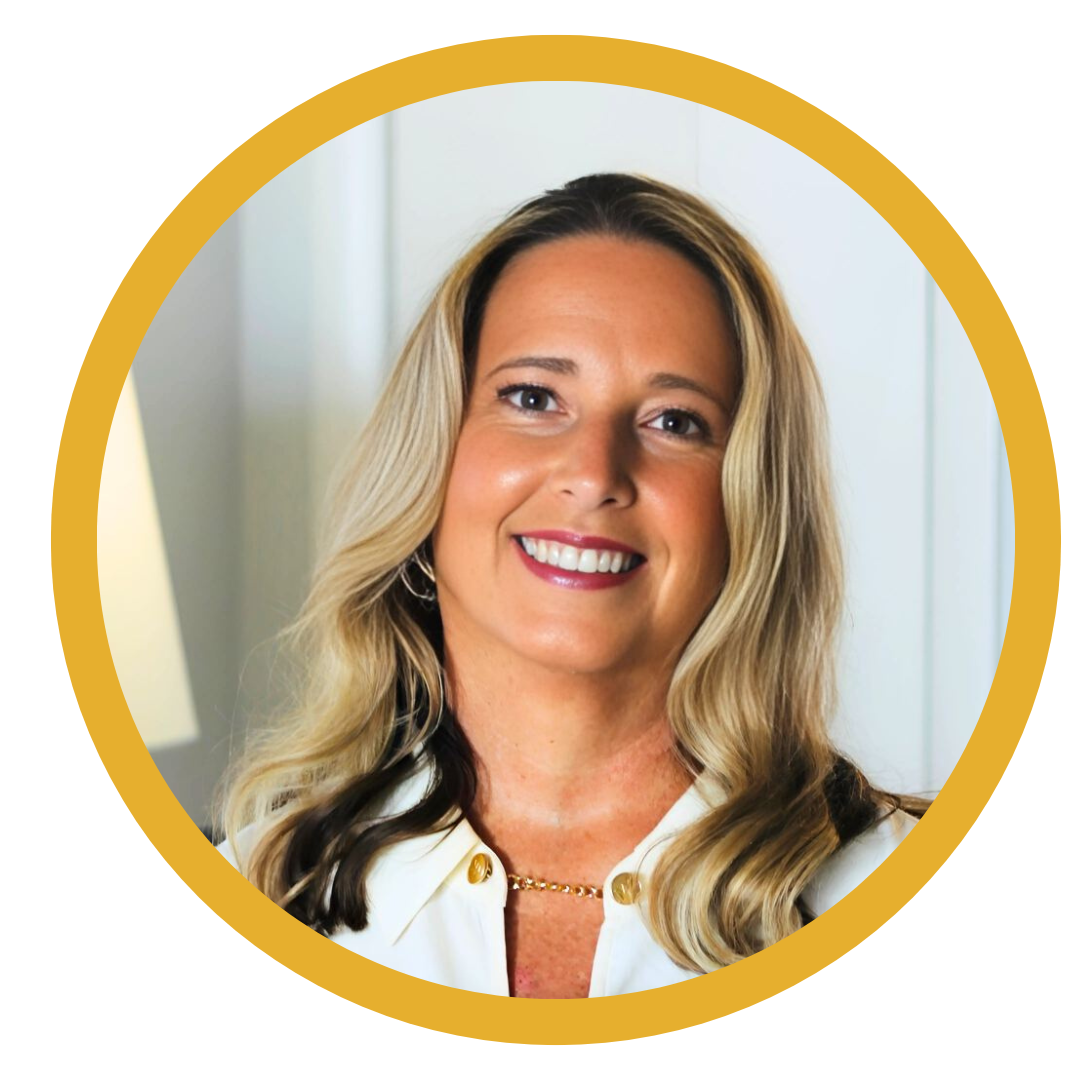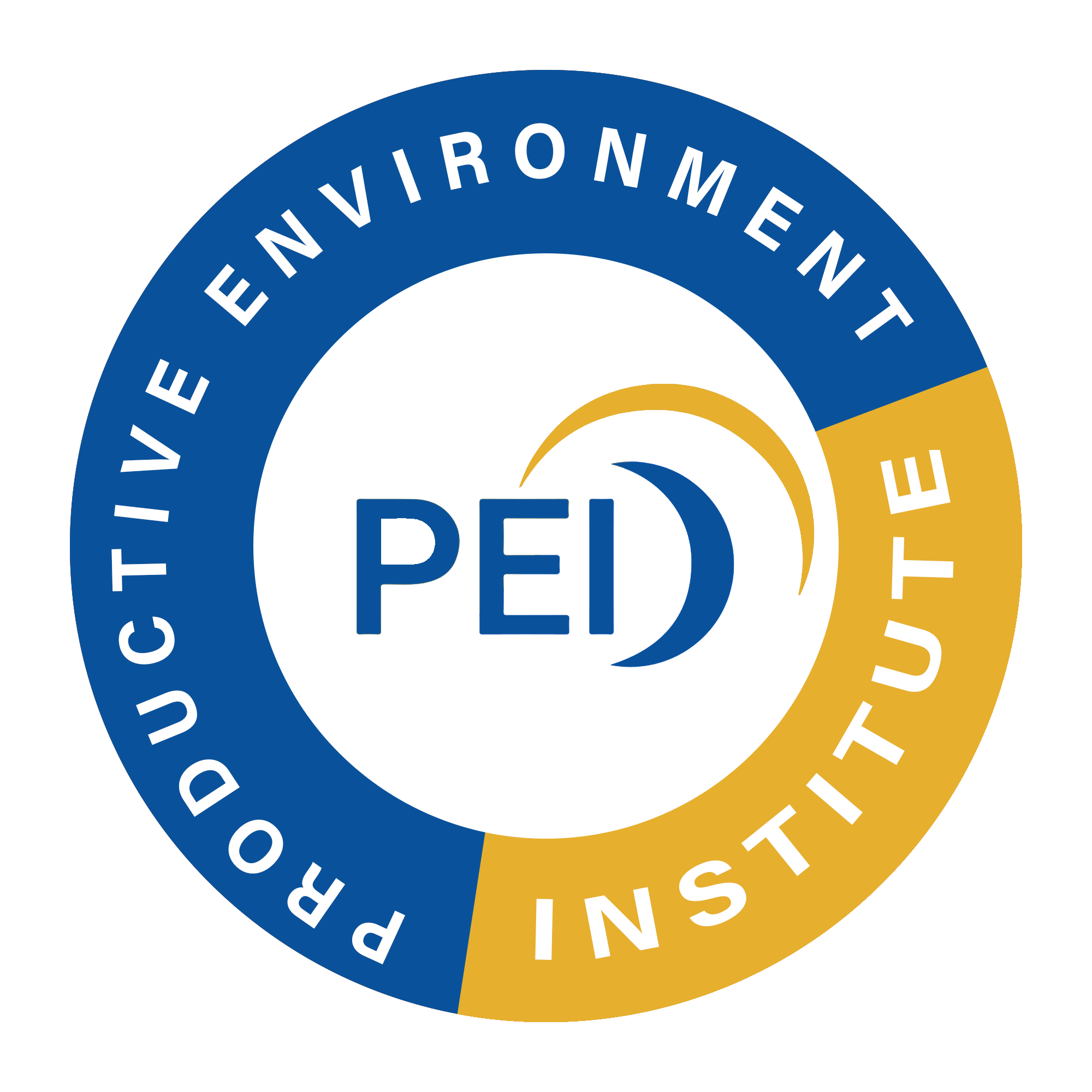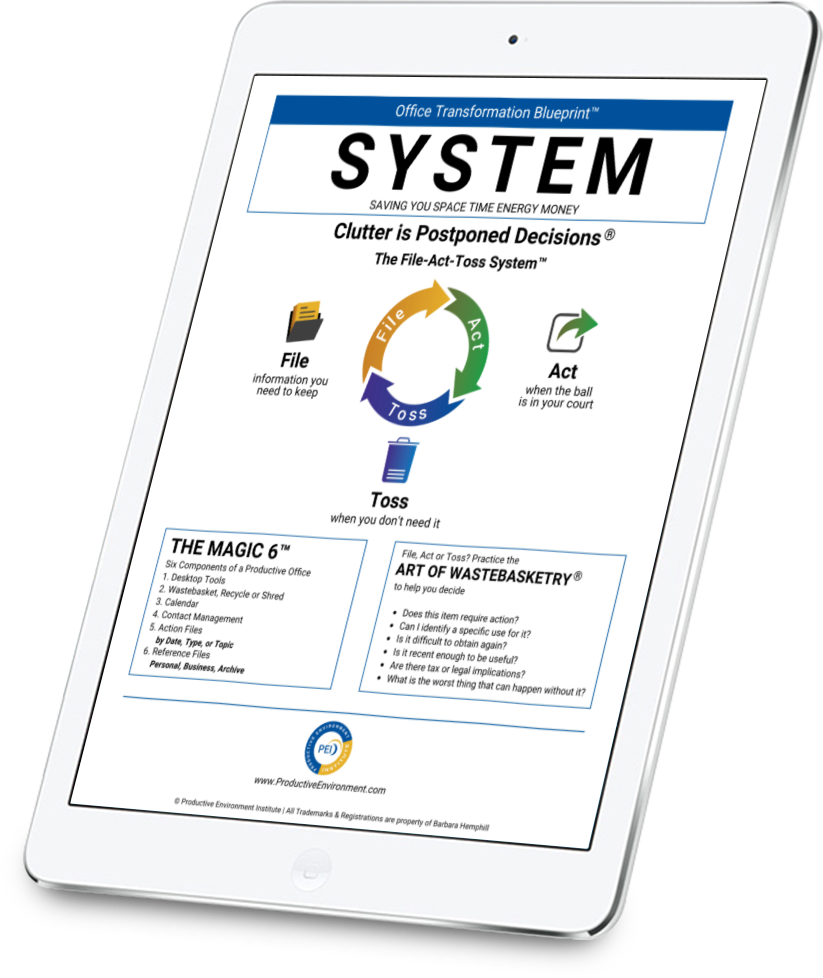Productive Environment Blog

The Secret to More Meaningful Days | Kathy Muzik
We're constantly juggling responsibilities, tasks, and goals. To manage it all, many of us rely on habits—those automatic actions that help us navigate our days with less mental effort.
Habits result from repeated behaviors that become automatic over time, triggered by specific cues or situations. Think of habits as the brain's way of conserving energy—they allow us to perform tasks quickly and efficiently without needing to engage in deep thinking every time.
When we perform a task repeatedly, our brain creates a mental shortcut, allowing us to execute the action with minimal effort. This shortcut is why habits are so powerful—they're hardwired into our brains and can be difficult to break once established.
But it's important to note that habits aren't inherently bad. Many habits are essential for our well-being and productivity. For example, brushing your teeth every morning is a habit that supports dental health without requiring daily deliberation. However, while habits serve a purpose, some might benefit from more mindfulness, particularly those that impact our well-being, relationships, or personal growth.
Consider your own daily habits — checking your phone first thing in the morning, grabbing a snack at a specific time, or automatically reaching for a coffee in the afternoon. These actions are second nature, but have you ever stopped to consider why you do them? Are they serving you in the best way possible?
While habits are efficient, they can sometimes lead us through life on autopilot, missing opportunities for deeper connection and meaning. This is where rituals come in, offering a way to infuse our daily lives with mindfulness and intention.
Habits are automatic and mindless; rituals are actions performed with intention and awareness. They may involve similar repetitive actions, but the key difference is the mindfulness and purpose behind them. Rituals are not just about getting something done—they're about how and why you do it.
Rituals often carry deeper meaning or significance, whether personal, cultural, or spiritual. They can serve as a way to mark transitions, celebrate moments, or ground oneself in the present. Rituals transform mundane actions into moments of connection and meaning.
Imagine your morning coffee routine. As a habit, you might do it quickly, barely noticing the process. But as a ritual, it could become a mindful practice—carefully grinding the beans, savoring the aroma, taking a moment to appreciate the cup's warmth in your hands. Or consider a weekly family dinner that goes beyond just eating; it becomes a time to connect, share stories, and create lasting memories.
Rituals don't have to be grand or time-consuming. They can be as simple as taking a few deep breaths before starting your day, lighting a candle during a meal, or setting aside time for reflection in the evening. The key is the intention behind the action—it's about creating moments of presence and meaning in your daily life.
Recognizing the difference between habits and rituals can lead to more intentional living. While habits are efficient and necessary, they can sometimes make life feel like it's flying by. By identifying which habits could benefit from more intention, you can transform routine actions into rituals that enrich your life and align with your values.
It's worth repeating that habits aren't bad—they're essential for managing the day-to-day. However, when certain habits start to feel hollow or unfulfilling, it may be time to consider whether they could be discarded or transformed into rituals. For instance, a habit of quickly scrolling through social media in the morning might be swapped for a ritual of reading a few pages of an inspiring book or practicing a short meditation.
Turning a habit into a ritual doesn't require a complex overhaul. Start small by adding a layer of intention to existing habits. If you have a habit of eating lunch at your desk, consider making it a ritual by stepping away, setting your food out with care, and savoring each bite mindfully.
Introducing rituals can create a ripple effect, influencing other areas of your life. Starting your day with meaningful rituals can set a positive tone that carries through the day, enhancing your focus, productivity, and overall sense of well-being.
And rituals offer more than just a break from routine—they allow you to slow down, connect with yourself, and bring mindfulness into your day. This can lead to reduced stress, increased sense of control, and enhanced overall well-being. The mindful nature of rituals helps ground us in the present moment, fostering a deeper connection to the here and now.
You can also boost productivity and focus with rituals. By starting your day with a mindful ritual, you set a positive tone that can influence how you approach tasks and challenges. For instance, a morning ritual of meditation, journaling, or setting intentions can create a sense of clarity and purpose, helping you tackle your day with greater focus and determination.
Rituals often involve shared experiences, which can strengthen relationships and build a sense of community. Whether it's a family tradition, a weekly gathering with friends, or a personal ritual you share with a loved one, these moments of connection can bring joy and meaning to your life.
As we navigate the demands of daily life, habits play a crucial role in helping us manage our time and energy. However, not all habits serve us equally, and some deserve a closer look to see if they could be enhanced with more intention.
By transforming certain habits into rituals, we can bring more mindfulness, purpose, and joy into our lives. So, take a moment to reflect. Are there habits that feel automatic, even a bit hollow? Could these be transformed into rituals that align more closely with your values and goals? The choice is yours—habits or rituals? What do you want for yourself?
Habits keep us moving; rituals remind us why we're moving at all. Choose the path that brings the most meaning and fulfillment into your life.
Photo: Unsplash+ In collaboration with Mathieu Odin
This article first appeared on the New Path Perspective blog by Kathy Muzik for New Path Productivity®, LLC.
Meet Our Team of Experts

BARBARA HEMPHILL
FOUNDER
Productive Environment Institute

ANDREA ANDERSON
CEO
Productive Environment Institute
CONTACT US
Use the Contact button on this page or
Leave a Voicemail @



